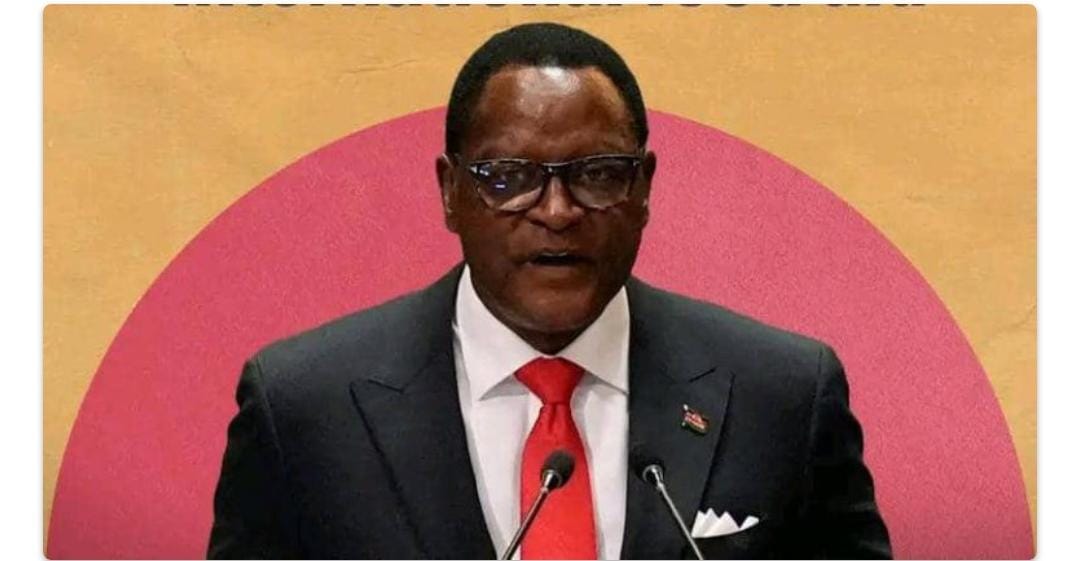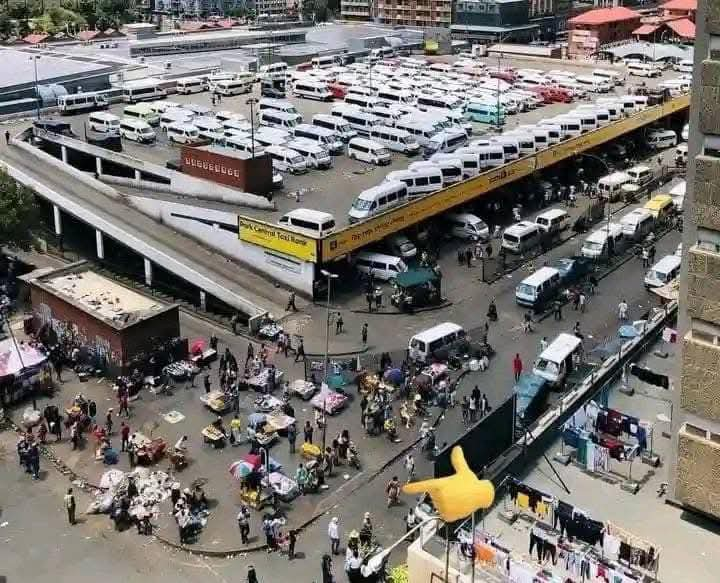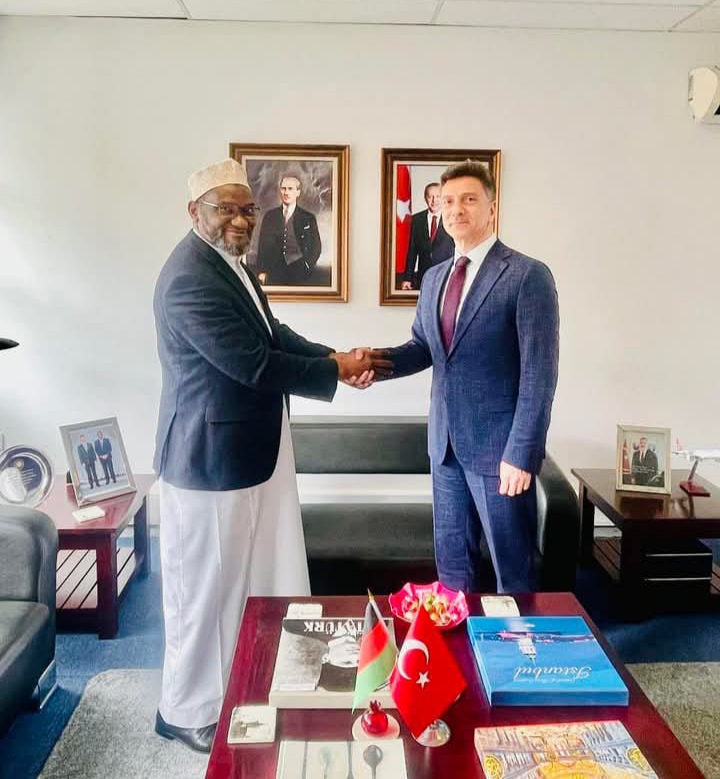By Burnett Munthali
African governments often begin their tenure with promises of economic growth, social development, and democratic governance.
However, as time passes, many leaders gradually shift their focus from national development to strategies aimed at prolonging their stay in power.
This shift is often characterized by constitutional manipulations, suppression of opposition, and the use of state resources for political survival.
One of the most common tactics used by African leaders is amending or abolishing presidential term limits.
In Uganda, President Yoweri Museveni successfully removed term limits in 2005 and later scrapped the age limit requirement, allowing him to rule indefinitely.
In Rwanda, President Paul Kagame oversaw a constitutional referendum in 2015 that extended his potential stay in power until 2034.
Burundi’s late President Pierre Nkurunziza ignored public outcry and extended his rule beyond the legal limits, triggering political instability and violence.
Equatorial Guinea’s Teodoro Obiang Nguema has remained in power since 1979 by manipulating the electoral process and suppressing dissent.
In Zimbabwe, the late Robert Mugabe clung to power for 37 years by systematically eliminating political opponents and controlling state institutions.
African leaders who prioritize power over development often weaken democratic institutions to eliminate any challenges to their rule.
They interfere with the judiciary, use state-controlled media to spread propaganda, and manipulate electoral commissions to guarantee favorable outcomes.
In Cameroon, President Paul Biya has remained in power for over four decades by ensuring that electoral processes favor him through legal and administrative means.
Similarly, in Chad, Idriss Déby ruled for 30 years, modifying the constitution multiple times to retain his grip on power.
These leaders often use security forces to intimidate opposition leaders and suppress public protests.
In Sudan, Omar al-Bashir remained in power for three decades by using military and paramilitary forces to crush opposition voices.
Many African governments also divert state resources to consolidate power instead of investing in development.
Funds meant for education, healthcare, and infrastructure are often misused to finance political campaigns, reward loyalists, and maintain patronage networks.
For example, in the Democratic Republic of the Congo (DRC), former President Joseph Kabila delayed elections and used state funds to strengthen his control while public services crumbled.
Corruption becomes rampant as leaders prioritize personal wealth accumulation over economic progress.
As a result, poverty, unemployment, and poor living conditions persist despite the continent’s vast natural resources.
Citizens often find themselves trapped in a cycle of repression, with little hope for change through democratic means.
When elections are held, they are often marred by irregularities, voter suppression, and outright rigging.
The international community frequently condemns these undemocratic practices, but little is done to hold such governments accountable.
Opposition parties and civil society groups continue to struggle against oppressive regimes, often at great personal risk.
Despite these challenges, some African nations have successfully resisted constitutional manipulations in and upheld democratic transitions.
Ghana and Zambia stand out as examples where democratic principles have prevailed, allowing peaceful transfers of power.
African citizens must remain vigilant and demand accountability from their leaders to prevent further erosion of democracy.
The future of the continent depends on the ability of its people to resist dictatorship and advocate for leadership that prioritizes development over personal ambition.



